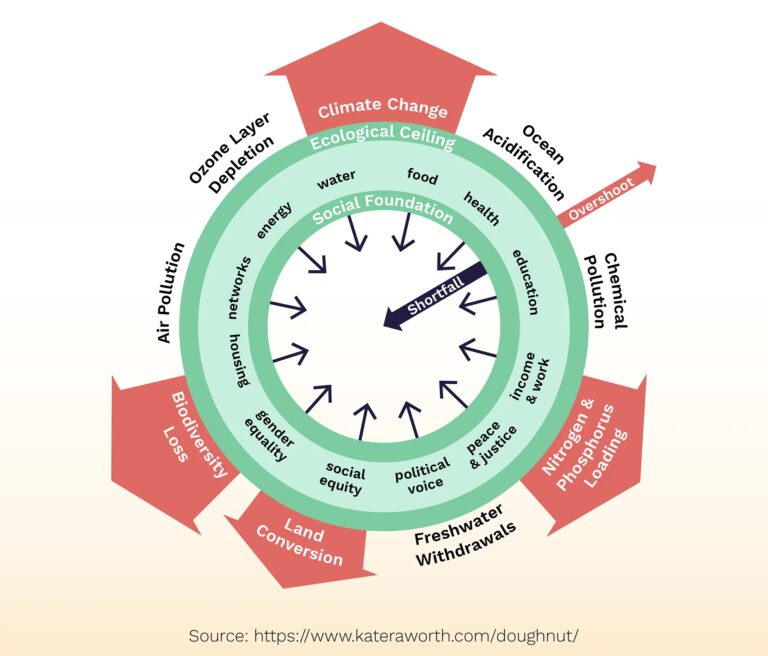
By Hildur Palsdottir
At the end of February, the Intergovernmental Panel on Climate Change released a sobering report entitled Climate Change: Impacts, Adaptation, and Vulnerability warning “the science is clear. Any further delay in concerted global action will miss a brief and rapidly closing window to secure a livable future.”
This report highlights the injustice of the disproportionate impact that climate change has on the poor and the striking lack of investment in adaptation by wealthy nations which are most responsible for emissions. It also warns that we are not prepared to meet the irreversible changes ahead.
UN Secretary-General António Guterres declared: “An atlas of human suffering and a damning indictment of failed climate leadership.” He continued: “Nearly half of humanity is living in the danger zone – now. Many ecosystems are at the point of no return – now.” and he exclaimed “this application of leadership is criminal.”
A few days before the release of this report, Russia invaded Ukraine. The climate crisis and this war are connected by their shared origins in fossil fuel-based economies and unjust power dynamics. The violence in Ukraine against the backdrop of the ongoing war on nature is indeed a crime against humanity, symptomatic of the tormented and deeply troubled times we’re living in. Our reliance on fossil fuels has empowered dark forces – Putin’s regime is a harrowing example of that. We’re witnessing destructive forces at play, fueled by gas and oil.
Guterres warned that “as current events make all too clear, our continued reliance on fossil fuels makes the global economy and energy security vulnerable to geopolitical shocks and crises.” He added: “Fossil fuels are a dead end.”
This war is the direct result of a colonial mindset, a false sense of ownership and greed. We cannot expect to experience sustained peace without first establishing justice. We’re far removed from life-sustaining principles in the overculture of extraction, oppression, depletion and pollution.
Civil rights leader Martin Luther King Jr. singled out three poisons threatening our civilization’s well-being: the evil of racism, militarism and poverty. We must redesign our civilization to cure the current human predicament. There’s no victory in sight unless we turn away from human supremacy and towards life-affirming principles of ecological civilization and life-sustaining sanity
Looking through the wider lens of history, I can’t help but wonder how we evolved to claim superiority and/or ownership over one another and land. Does nature have rights? Do we value life? The value system familiar to us in the West measures Gross Domestic Product as the means of success. Our overall societal well-being is restricted by the demand for continued economic growth, powered by the exhaustion of natural resources. If the million species expected to go extinct in this upcoming decade had a voice, they’d shout out that we must end ecocide. We are in the midst of a war on nature and we are both the victims and the perpetrators.
Solving these enormous problems requires significant changes in behavior. We need to reimagine our societies and welcome nature back into our cities. Locally sourced food eliminates supply chain problems. Repair, reuse and refill technologies together with a reduction in overall consumption will slow down depletion of natural resources. We need better public transportation and safer roads for bikes. Most importantly, we must protect what’s left of nature.
On Long Island, this means expanding on natural surfaces and stopping all impermeable development at the shoreline. Instead we must recover our carbon sequestering ecosystems and natural buffers to storm surges. Wetlands will be our best allies in extreme weather events and act as sponges in flash flooding events.
Imagine a world powered by local renewables. Regional and publicly-owned clean energy can eliminate our reliance on dirty power. Here at the heart of capitalism, it’s risky to mention degrowth as the means for sustainable systems change, and perhaps it’s a mistake to think about these as competing ideologies. Guided by nature’s principles, we can namely recover a sense of stable, circular economy. We must embrace what we are, beings inseparable from the rest of creation.
It is about time we recognize the interconnected nature of our shared reality. We must investigate ways to express reverence for life, cultivate a sense of the sacred in all our affairs. We must end the war on nature as it is actually a war waged against ourselves. We need to replace ownership with stewardship and repair our relationships with one another and with the nonhuman world.
Only then can there be peace on Earth.






